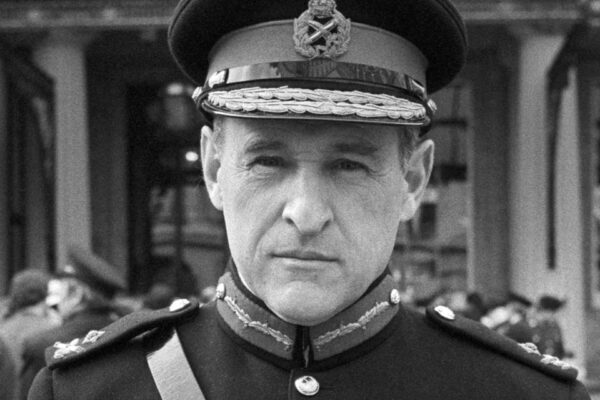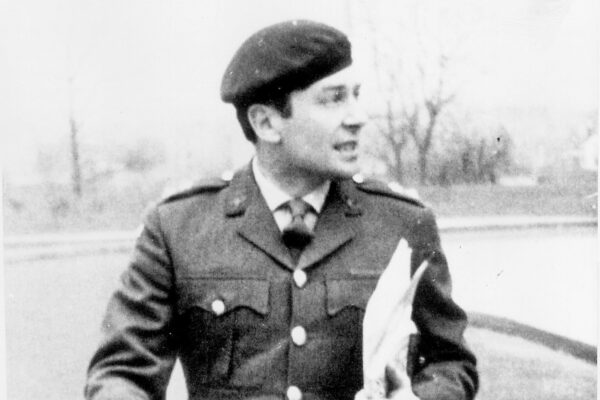
General Sir Frank Kitson
Kitson was the architect of the British Army’s response to terrorism during the Troubles.
He was regarded as an expert in counter insurgency operations and his controversial methods led to him becoming a hate figure for republicans.
Kitson won a Military Cross and bar in Kenya and Malaya, and received a CBE in 1972 for “gallant and distinguished” services here.
He was commander of the 39th Air Portable Infantry Brigade in Belfast in 1970, ordering his men to take republican ‘no-go’ areas.
He promoted the use of ‘counter gangs’ to tackle terrorism, and helped develop psychological operations, propaganda, subversion and undercover units.
One of the battalions under his command, 1 Para, was responsible for the killing of 14 civil rights demonstrators on Bloody Sunday in January 1972.
Nicknamed ‘Kitson’s private army’, 1 Para was also involved in the killing and wounding of a large number of civilians in Ballymurphy, west Belfast, six months earlier.
General Sir Mike Jackson, the former head of the Army, revealed in his 2007 autobiography that in the aftermath of Bloody Sunday Kitson “brutally” told underling Col Derek Wilford that having got so far, he should have pushed on to “sort the whole bloody mess out”.
In 2015 Kitson and the Ministry of Defence were accused of complicity in the February 1973 attack in which Catholic Eugene Heenan (47) was killed after loyalist terrorists threw a grenade at a works minibus.
Mr Heenan’s widow Mary took legal action against the MoD and Kitson, claiming her husband died because of negligence and misfeasance in office.
It marked the first time a retired senior soldier had been personally sued over alleged actions during the Troubles.
Kitson’s 1971 book, Low Intensity Operations: Subversion, Insurgency And Peacekeeping, detailed techniques to deal with guerrillas and was based on his experiences in the colonies.
He described his own approach during the Troubles as “de-escalation and attrition” — aiming to keep the Catholic community onside while attempting to wear down the IRA.

Derek Wilford commanded the Parachute Regiment on Bloody Sunday
Kitson became Commander-in-Chief UK Land Forces in 1982, and retired three years later in 1985.
Bloody Sunday commander Col Derek Wilford died last November aged 90 from Parkinson’s disease.
Tags:




